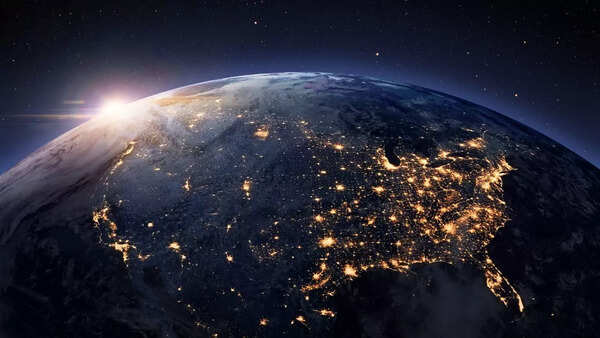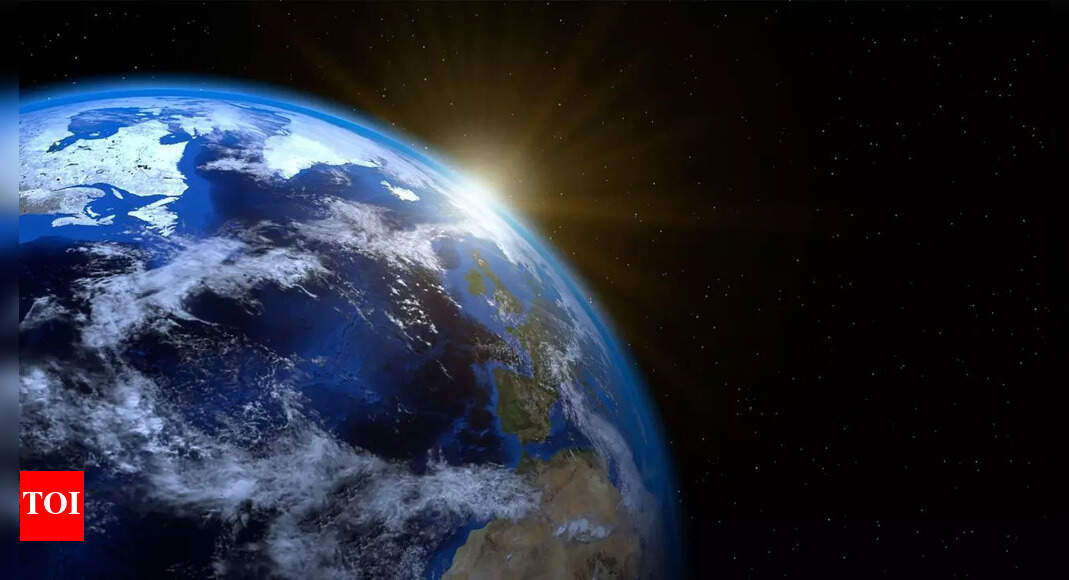We often think of time—like the 24-hour day—as something fixed and unchanging. But in reality, even Earth’s rotation isn’t constant. Scientists have now found that our planet is spinning faster than it used to, and that means days are getting just a tiny bit shorter.This might sound strange, but Earth’s rotation has always changed over long periods. Dinosaurs, for example, lived with 23-hour days. And in the Bronze Age, the average day was already about half a second shorter than today’s standard. Looking ahead, scientists predict that 200 million years from now, one Earth day will last about 25 hours.
Why is the Earth spinning faster?
Normally, a day lasts 24 hours, or 86,400 seconds. But that’s not completely accurate. Many things—like earthquakes, volcanic activity, ocean tides, and even underground changes—can make the planet spin slightly faster or slower. Even though the overall trend has been for Earth to slow down, something unusual has been happening since 2020.

According to the International Earth Rotation and Reference Systems Service (IERS), based in Washington D.C., the Earth’s rotation has started to speed up. This has been happening steadily enough that experts now believe we may need to remove a leap second from our clocks in 2029—the first time this has ever happened.A recent report from timeanddate.com says that this trend will continue into 2025. Based on current data, the three shortest days of the year will be July 9, July 22, and August 5. The shortest of all, August 5, is expected to be about 1.51 milliseconds shorter than the usual 24 hours.
What’s causing it?
This unexpected speed-up has puzzled experts. Leonid Zotov, a rotation researcher at Moscow State University, told timeanddate.com, “Nobody expected this.” Zotov helped write a 2022 study trying to figure out the cause, but he says that so far, no model fully explains it.

Most scientists believe the answer lies deep inside the Earth—possibly something happening in the core. Ocean and atmosphere changes don’t seem to account for the speed increase.While this spinning trend might continue for now, it’s not a sign that we’re heading back to dinosaur-era days. Earth’s long-term natural tendency is still to slow down over time. Things like melting ice at the poles and surface changes can also affect this.So, while we might “lose” a leap second soon, Earth isn’t going off track—just reminding us that even time isn’t perfectly steady.
